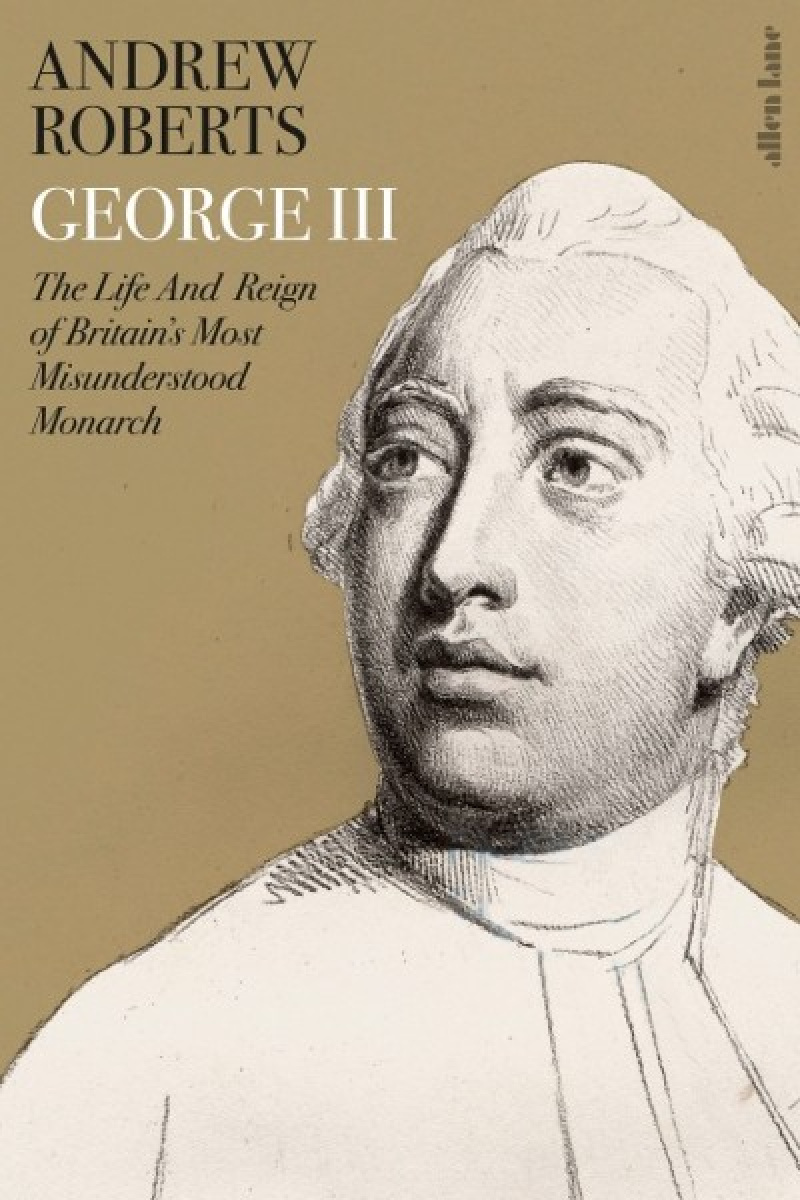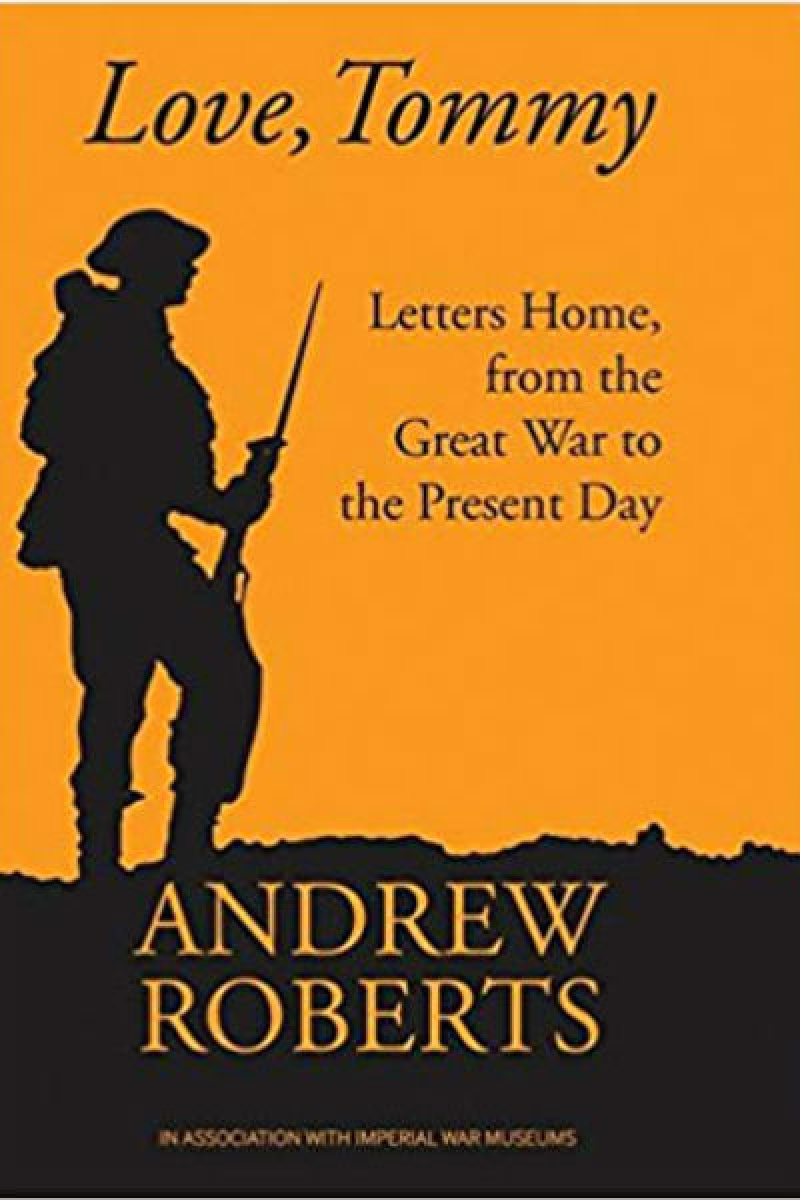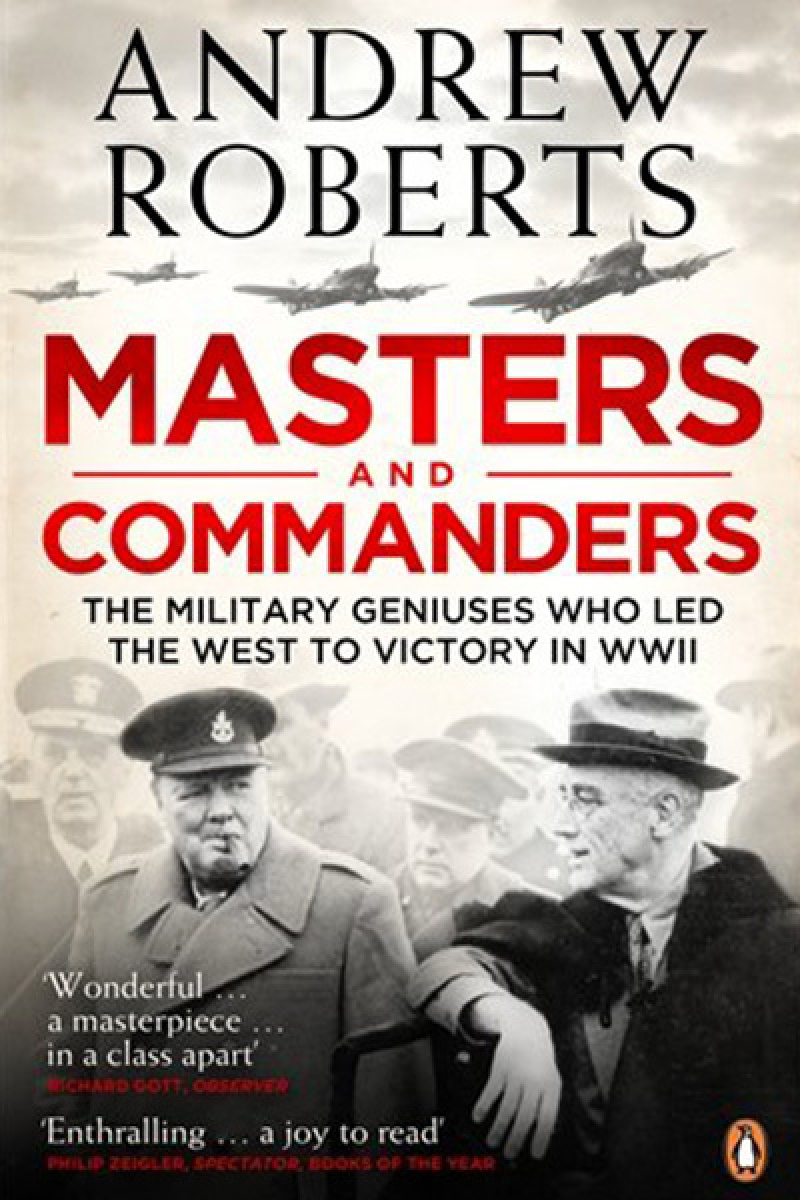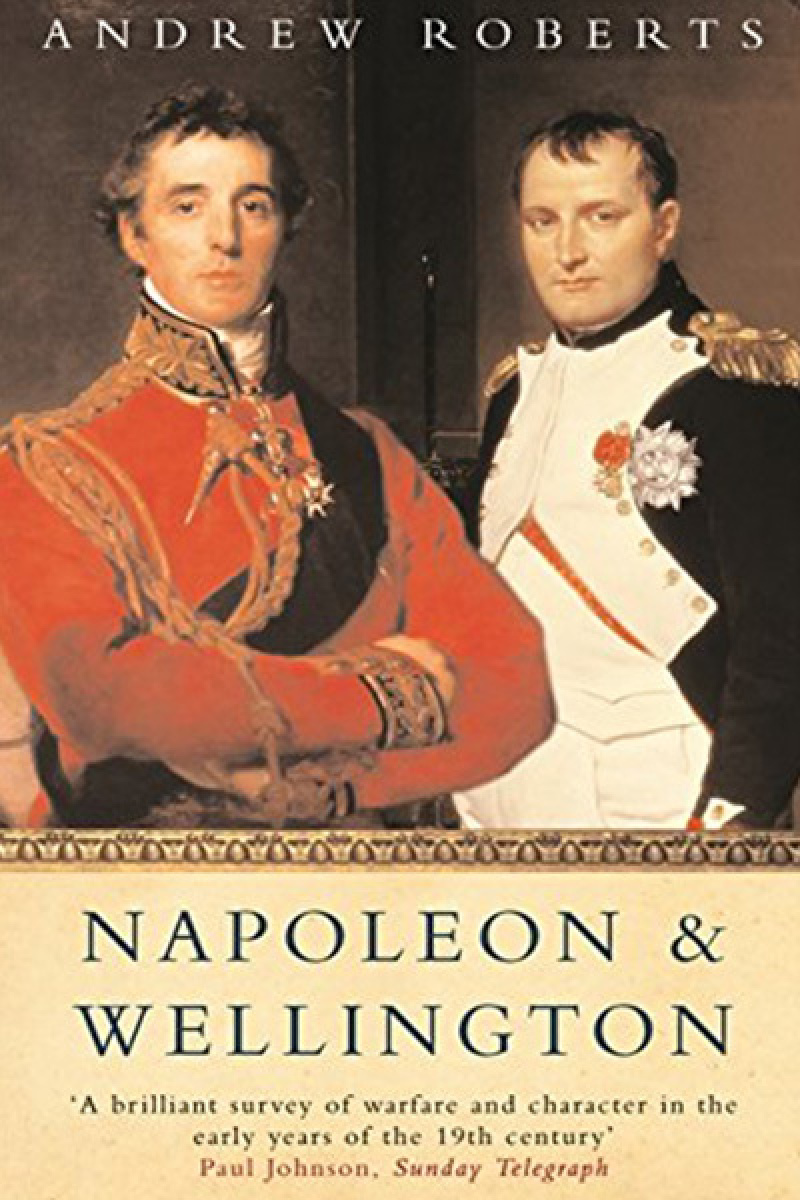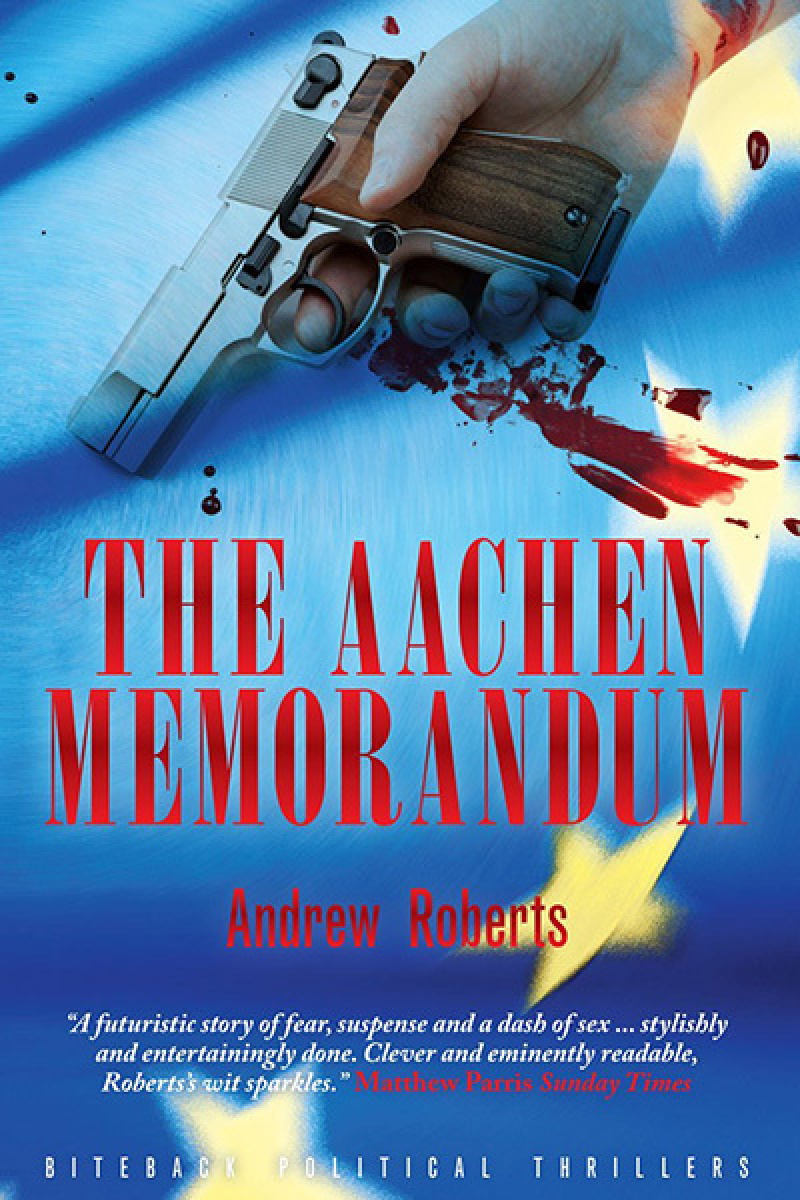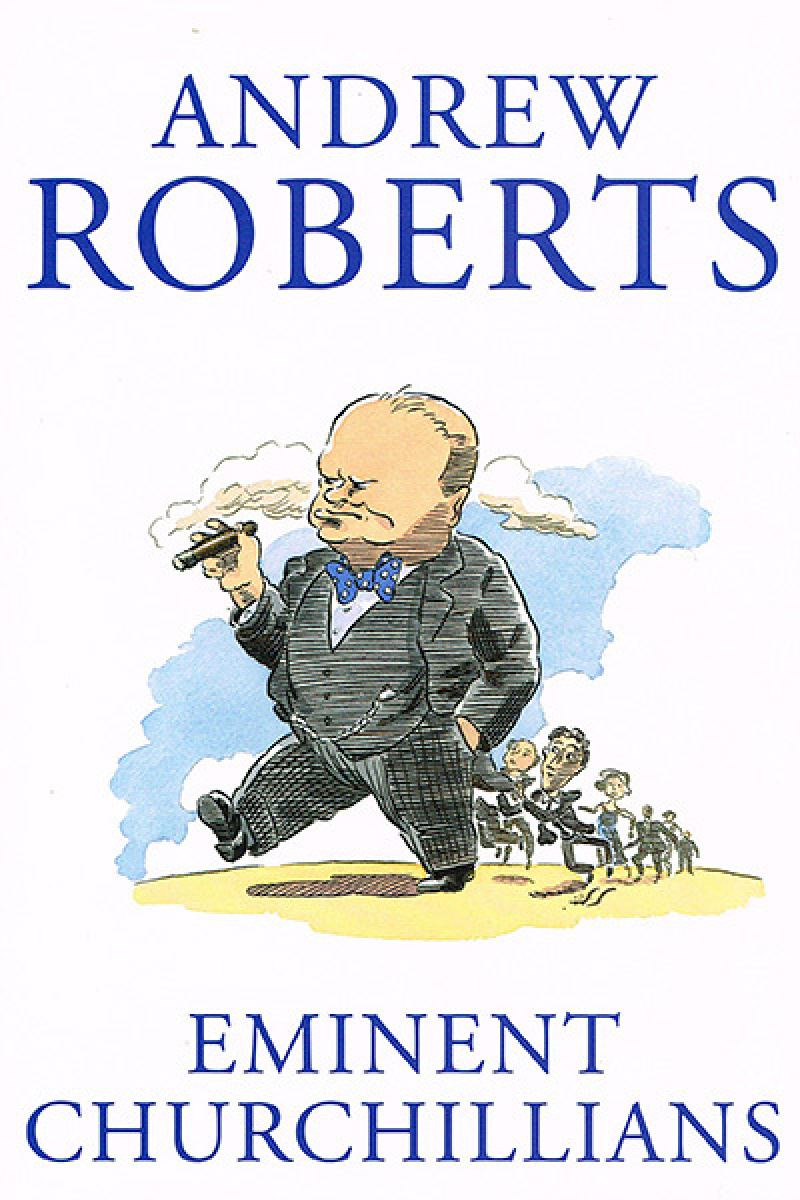The Storm of War: A New History of the Second World War
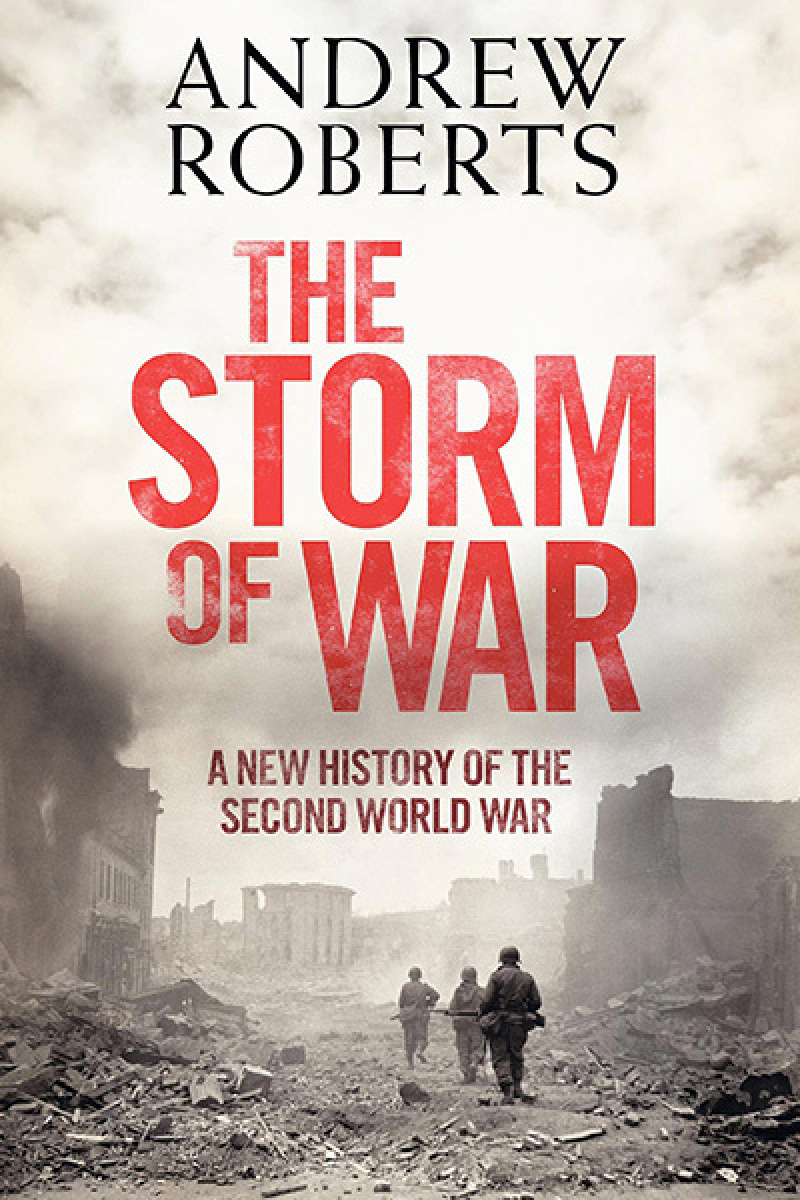
The Storm of War: A New History of the Second World War
On 2nd August 1944, in the wake of the complete destruction of the German Army Group Centre in Belorussia, Winston Churchill mocked Adolf Hitler in the House of Commons by the rank he had reached in the First World War. “Russian success has been somewhat aided by the strategy of Corporal Hitler”, Churchill jibed. “Even military idiots find it difficult not to see some faults in his actions”.
Why did the Axis loose the Second world War? Andrew Roberts’ previous book Masters and Commanders studied the creation of Allied grand strategy; the central theme of The Storm of War is how Axis strategy evolved. Examining the Second World War on every front, Roberts asks whether, with a different decision-making process and a different strategy, the Axis might have won. Were those German generals who blamed everything on Hitler after the war correct, or were they merely scapegoating their former Fuhrer once they could criticize him with imputinty?
In researching this magnificently vivid history, Roberts has walked many of the key battlefield and wartime sites of Russia, France, Italy, Germany and the Far East. The book also employs a number of important yet hitherto unpublished documents, such as the letter from Hitler’s director of military operations explaining what the Fuhrer was hoping for when he gave the order to halt the Panzers outside Dunkirk. It is full of illuminating sidelights on the principal actors on both sides that bring their characters and the ways in which they reached decisions into fresh focus and it presents the tales of many little-known individuals whose experiences make up the panopoly of extraordinary courage and self-sacrifice but also the terrible depravity and cruelty of the Second world War.
The war lasted for 2,174 days, cost $1.5 trillion and claimed the lives of over 50 million people. Why did it take the course that it did? The Storm of War gives a dramatic but succinct account of the struggle that engulfed the world between 1939 and 1945 and, at the last, a convincing answer to that question.
 Andrew Roberts
Andrew Roberts


